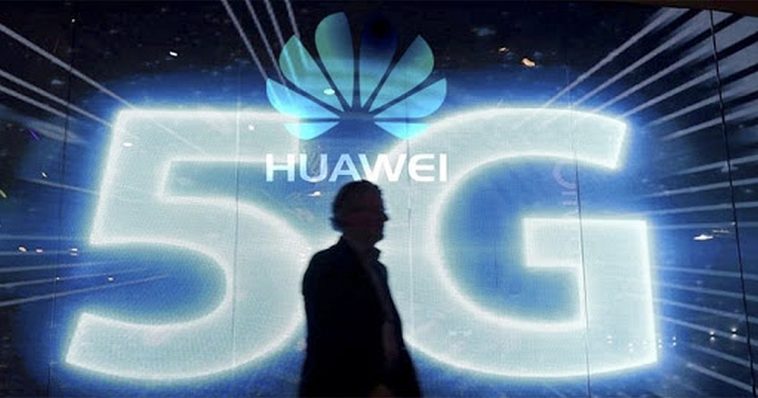Earlier this month that the Trump administration had prohibited Huawei, the world’s largest company of networking machinery, from supplying equipment to American carriers. The problem is that American technologies do not provide the technology to support the development of their 5 G networks by US mobile operators. And competition from Huawei is more costly, like Nokia and Ericsson. US officials tried to obtain the equipment from domestic tech companies such as Cisco and Oracle, but both refused to say that it would take far too much time and money for them to join the company.
Huawei can not enter the supply chain that it paid 11 billion US dollars last year, as well as seeing its goods banned in the US. All because US legislators see Huawei as a threat to the country’s security because of law in China. Under this Act, the communist regime could request that Huawei gather information and send it back to Beijing from American companies and consumers. Therefore, one is afraid that Huawei’s devices, including cell phones and network equipment, include a loophole that can be used for this reason. Huawei denied this claim repeatedly.
In an impressive move, Huawei spoke to several US telecommunications companies on Friday about adopting the 5 G networking equipment to them. Huawei Senior Vice President and CEO Vincent Pang said that negotiations included both long-lasting as well as one-time licensing deals, without mentioning any American companies participating in these talks. The executive spoke to The New York Times and The Economist last month when Huawei’s owners and CEO Ren Zhengfei first discussed the one-off payments. Whether a one-time licensing deal would be of benefit for U.S. companies was then uncertain.
Pang of Huawei would not guess that a deal between his business and an unknown American carrier was to be entered into. However, he cautioned some American companies involved in a one-time licensing agreement that the price of continual technological improvement is costly. For instance, the development of its 5 G network equipment has cost Huawei billions of dollars since 2009.
Ironically enough, the government of Trump also advised its partners not to use Huawei’s 5 G network equipment. Although some countries such as Japan and Australia listened to the warning, most European countries planned to stick to Huawei. The US operators approving the 5 G software from Huawei should be able to detect anything outside like a backdoor. This is why these licensing agreements could be concluded by the US government.


